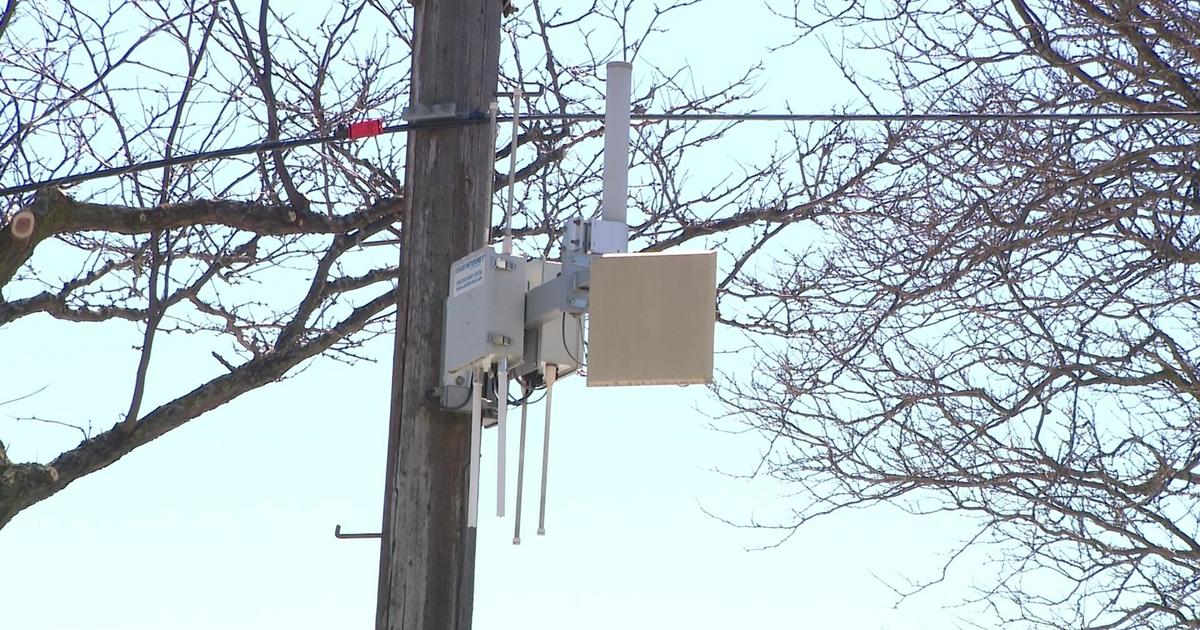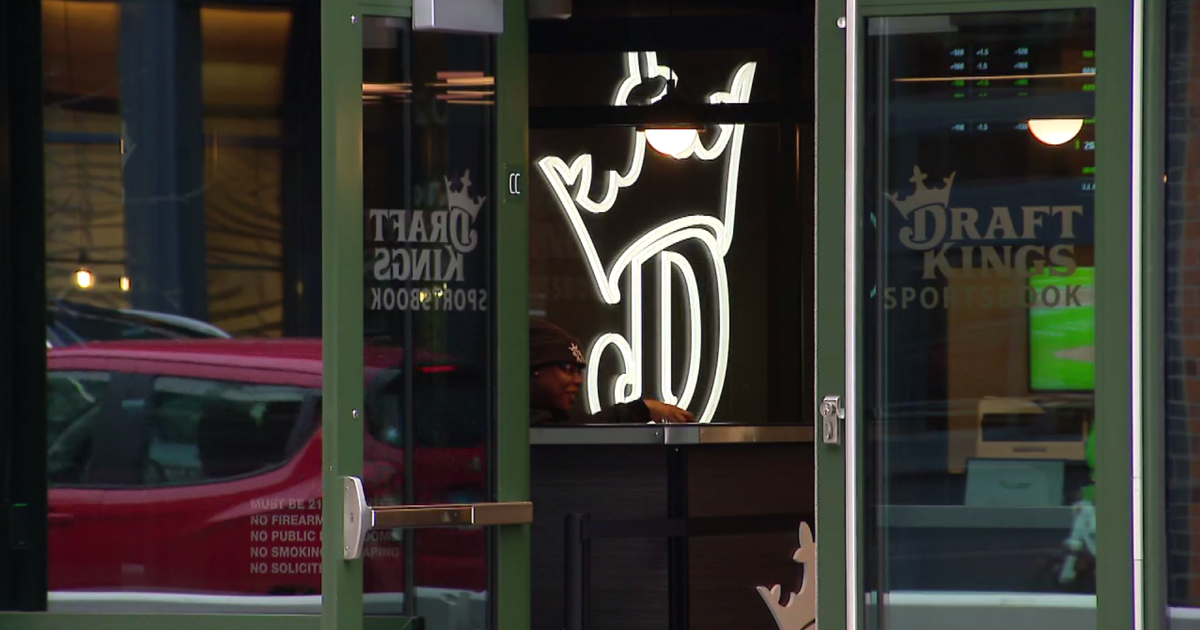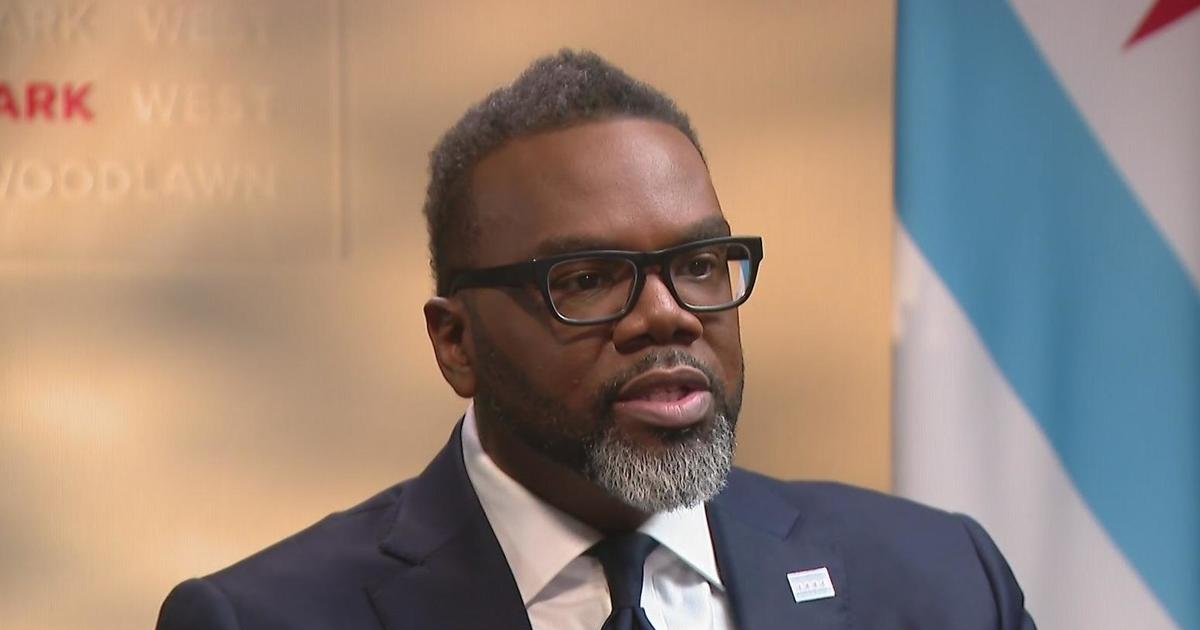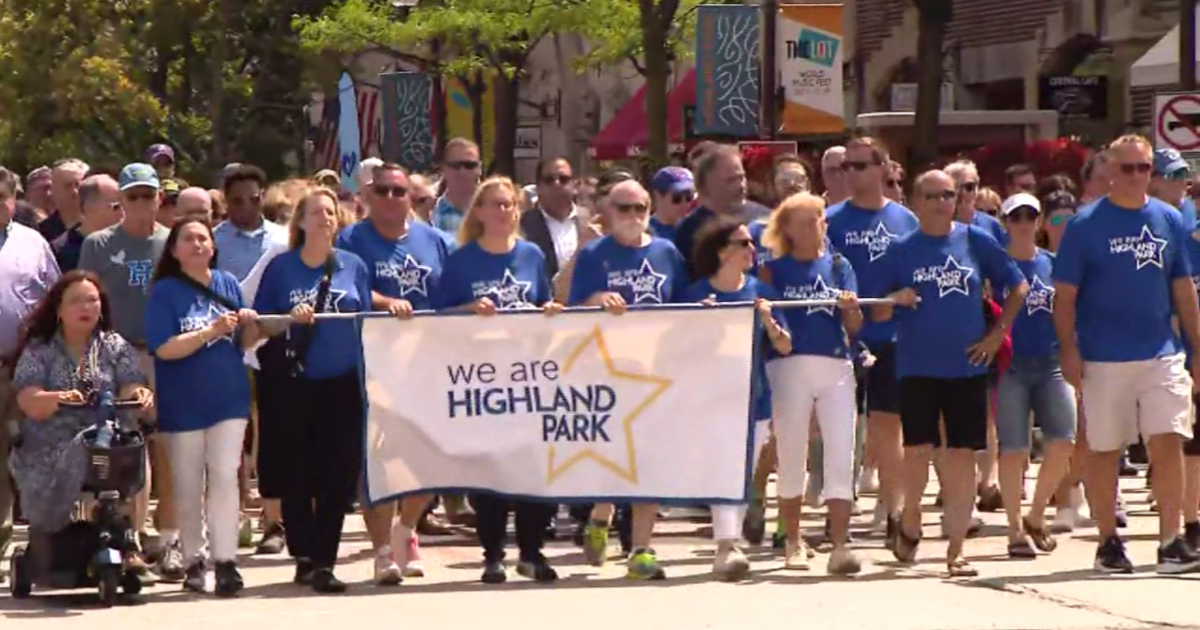Mayor, Aldermen Say No To Lake Shore Drive Tolls, Tax Hike To Balance Budget
UPDATED 09/27/11 4:58 p.m.
CHICAGO (CBS) -- With the mayor and City Council preparing to begin the annual budget process next month, city Inspector General Joe Ferguson has suggested a host of revenue-generating and cost-saving ideas, including a city income tax and toll booths on Lake Shore Drive.
But Mayor Rahm Emanuel said higher taxes and charging tolls on Lake Shore Drive are non-starters, although some of Ferguson's dozens of other ideas are worth a closer look.
Ferguson issued a report suggesting 63 ideas for either raising revenue or cutting costs in city government, including the controversial ideas of imposing a city income tax and installing toll booths on Lake Shore Drive.
But, as CBS 2 Chief Correspondent Jay Levine reports, they're not going to happen, nor are many of Ferguson's dozens of budget suggestions.
In a statement Tuesday afternoon, Emanuel – who must present his budget plan next month – said several of Ferguson's ideas are "promising" and will be given serious consideration. But the mayor said "raising property taxes, income taxes or the sales taxes is off the table. And asking drivers on Lake Shore Drive to pay a toll is also a non-starter."
LISTEN: WBBM Newsradio Political Editor Craig Dellimore reports
Podcast
Among the ideas is installing toll booths on Lake Shore Drive, and charging motorists an average of $2.50, but as much as $5, for the privilege of using the iconic lakeside highway. Toll booths would be placed at each and every entrance and exit point on Lake Shore Drive.
Under the proposal, a trip from the north or south end of Lake Shore drive to the Loop would cost $5, while shorter trips would cost lesser amounts. I-Pass-style open road tolling could be installed so as not to disrupt traffic, the report says.
Even after the capital costs of installing toll booths, the report says the move could bring in $8.75 million, given that an estimated 200,000 motorists use Lake Shore Drive each day.
"A lot of his ideas have the potential to produce revenue, if they worked – you know, assuming people would not revolt and turn against us in mass numbers and, you know, tar and feather us for proposing such ideas," Ald. Roderick Sawyer (6th) said.
Ferguson's report also suggests imposing a $5 London-style congestion fee on for driving in the downtown area during rush hours. The fee would be collected in an area bounded roughly from North Avenue south to the Stevenson Expressway, and from Halsted Street east to Lake Michigan, although it extends as far west as Ashland Avenue between Lake Street and the Eisenhower Expressway.
Motorists would be charged the $5 for entering or exiting the downtown area between 6 a.m. and 9:30 a.m., and between 3 p.m. and 7 p.m. Motorists who stay on Lake Shore Drive or an expressway without exiting would not have to pay.
In addition, Ferguson also suggests creating a 1 percent Chicago city income tax, much as New York City imposes, for new revenues of $500 million per year. In suggesting the tax, Ferguson's report points out that the State of Illinois increased its income tax to 5 percent last year, but froze the amount distributed to municipal governments, thus effectively reducing the percentage of the tax that cities receive.
But such a tax might also prompt people to move away. The report conceded that it might lead city residents to move to the suburbs to avoid the tax.
"The most important consideration in deciding whether or not to implement this option is what impact this option would have on the decisions of current residents to continue to live in Chicago and the decisions of potential future residents to relocate here," the report said.
Ferguson also suggested an income tax for non-Chicago residents who work in the city, which he said is done in Philadelphia, Cleveland and Detroit.
Oak Lawn resident Jack Cummings said "I don't think that's right. … We need to work somewhere. We're coming here to work. I don't think you should tax us. We're already paying to come down here. We're paying to eat. We're paying to do our jobs. I don't think that's right."
Taxing suburbanites is the goal of several options presented by Inspector General Joe Ferguson.
"Folks from the suburbs come in and work in the city, take their money back home, come back into the city so they can enjoy high cultural events or otherwise," Ferguson said. "So who bears the burden for the cost of the roads and the lights and the police protection and all that sort of stuff?"
Some of the other ideas in Ferguson's report are comparatively uncontroversial.
Among those ideas are making garbage pickup more efficient by imposing a "pay-as-you-throw" collection fee, imposing a transaction tax on the major local financial exchanges, imposing a blue cart recycling fee, and broadening the scope of the amusement tax so it would also apply to small performances or non-profits.
Increasing water and sewer rates, cutting off free sewer service for senior citizens, and ending free city water service for hospitals and non-profits are also among Ferguson's suggestions.
But not all of Ferguson's suggestions involve raising revenues. Among his cost-cutting suggestions are merging the Chicago Park District with city government for $5 million in savings, and merging the police Marine and Helicopter Units to save $6 million.
Ferguson also suggests eliminating the city's more than 160 Tax Increment Financing Districts, where property tax dollars for schools, parks, and other taxing districts are frozen for at least 23 years, so that all property tax increases afterward to go into a fund to improve struggling neighborhoods. Although TIF districts generate about $500 million a year, Ferguson says $100 million in new revenues could actually be generated by eliminating them and returning all property tax revenues to the city and other taxing bodies.
The report also suggested eliminating programs such as Chicago Career Tech, which retrains unemployed workers for careers in the technology sphere, as well as cutting a program that provides grants to arts institutions that already take in more than $2 million per year, among numerous other suggestions.
After the report was released Tuesday, some aldermen said they hadn't read the entire list. But most, like Ald. George Cardenas (12th) quickly dismissed the idea of tolls on Lake Shore Drive.
LISTEN: WBBM Newsradio Political Editor Craig Dellimore reports
Podcast
"That's a non-starter. That's out of left field. That's a left-field suggestion. I just don't see it," he said. "But there are some other things that have been on the table before and were dismissed, but I think some of them, you can't really dismiss."
He said aldermen should at least discuss even some of the other more controversial ideas, such as the commuter tax and even the city income tax. But he says the city must cut spending before there is any talk of new revenue.
Ferguson's report did spark some conversation and brainstorming among Chicago aldermen, such as a new tax on billboards.
Ald. Proco Joe Moreno (1st) said companies that use billboards in Chicago have to pay a basic permit fee, but "they do not pay a fee to leverage the asset of a city skyline or a beautiful neighborhood" based on how many people see that billboard each day.
"The city taxpayers are basically allowing them to use our beautiful skyline to advertise their products but yet they're not paying for that asset in the city," Moreno said.
Ferguson's report also prompted some suggestions from labor leaders who have been debating work rule changes to help the city balance its budget.
"They're investing all this money with bike lanes – and I'm not a guy against bikes or anything – but, you know what? Have them buy a vehicle sticker," said Laborers Union Local 1001 business manager Lou Phillips.



